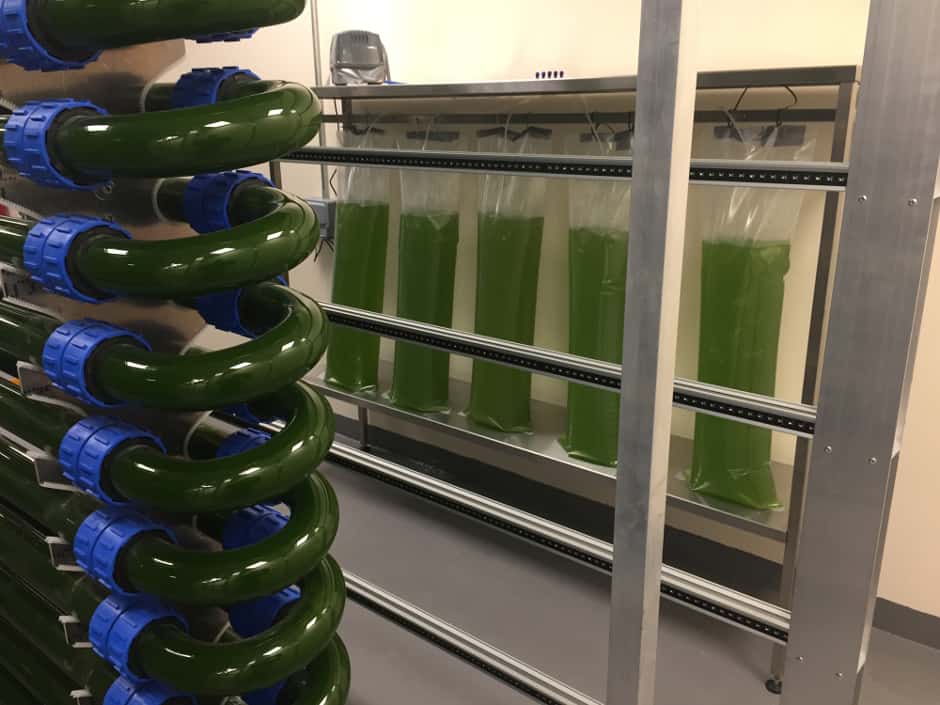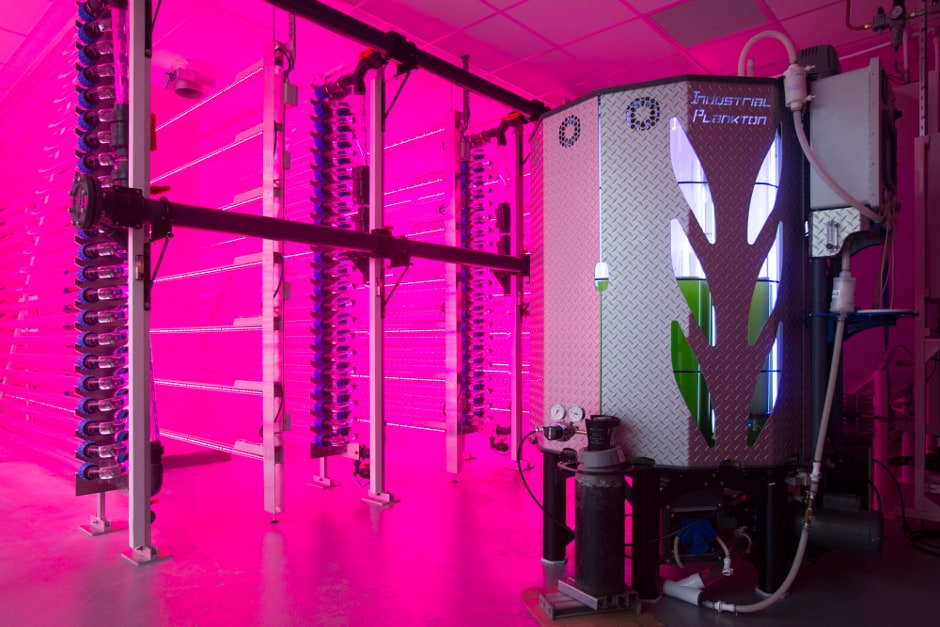
Omega-3 oils have known health benefits, but are typically found in fish, making them unsuitable for vegetarians and increasing the pressure on already limited fish stocks.
Microalgae offer an alternative source of omega-3, but extracting the oils from the organisms has so far proven expensive. That is because separating the algal biomass from water is extremely difficult, as membranes tend to get clogged, leaving manufacturers to resort to energy intensive centrifuges, according to Dr Adrian Stevenson, technical director at consortium lead LabXero, and group leader of the Acoustic Wave Physics group at Cambridge University.
“With a centrifuge you have a large drum, and you add your batch of algae from the bioreactor, and then spin it at [high] speed,” said Stevenson. “Centrifuges burn quite a lot of power and take quite a bit of time.”
Instead LabXero is developing a process known as acoustic cell harvesting technology, which consumes considerably less energy.
The technology is based on a filter, which can be incorporated into the fluidics, or plumbing, of the bioreactor itself, eliminating the need for a separate drum and thereby reducing the overall size of the operation, said Stevenson.

Unlike conventional filters, which can become clogged, the system uses resonant sound waves to create an acoustic barrier, like a force field, separating the water from the microalgae.
“It would take the watered algae and stream off a lot of water on one side of the filter, and on the other side it would stream the algae and concentrate it,” he said.
To develop the filter, including the equipment needed to combine the acoustics with microfluidics technology, the company is working with engineering consultants 42 Technology.
The ProFlow consortium, which has secured almost £630,000 in funding from Innovate UK for the two-year development programme, also includes omega-3 oil producer AlgaeCytes, which has the UK’s largest indoor algal photobioreactor, as well as Unilever and Cambridge University.
The technology could also be used to cut costs and improve efficiencies in the manufacture of other bio-based products, including cell and gene therapies, biotherapeutics and agricultural products, the company said.




Red Bull makes hydrogen fuel cell play with AVL
Surely EVs are the best solution for motor sports and for weight / performance dispense with the battery altogether by introducing paired conductors...